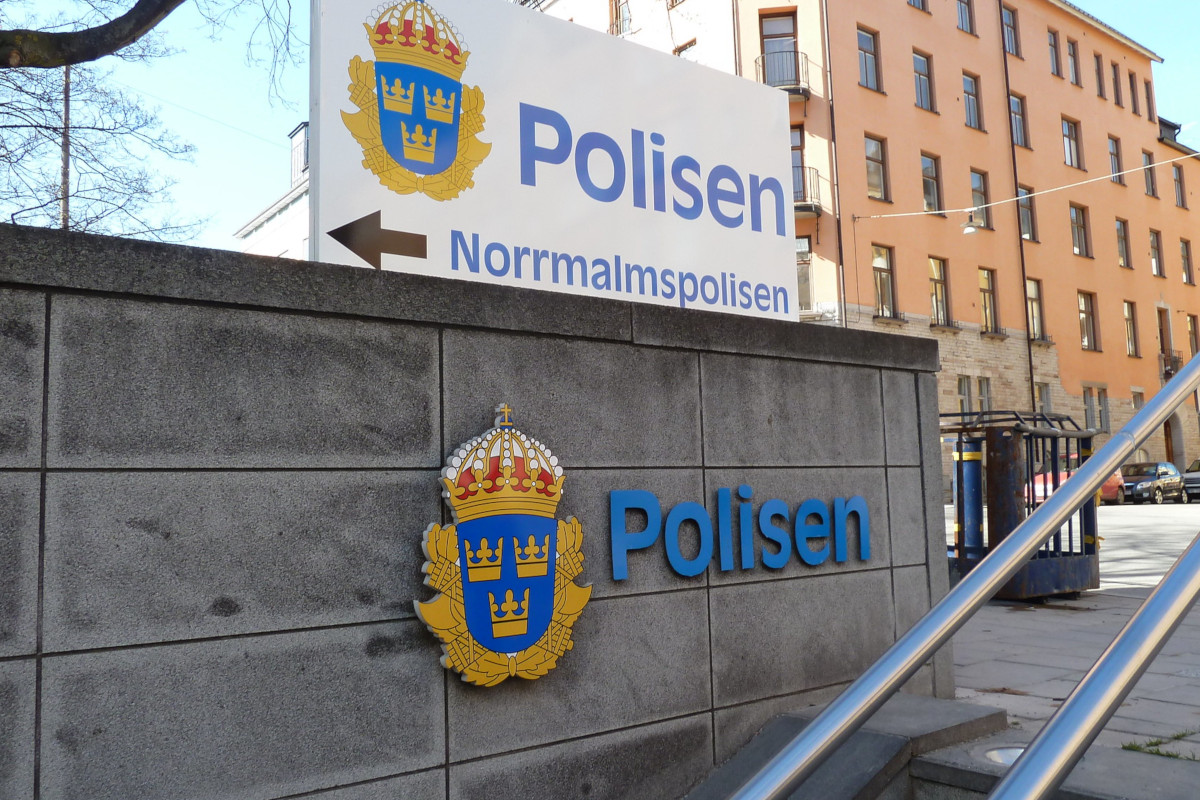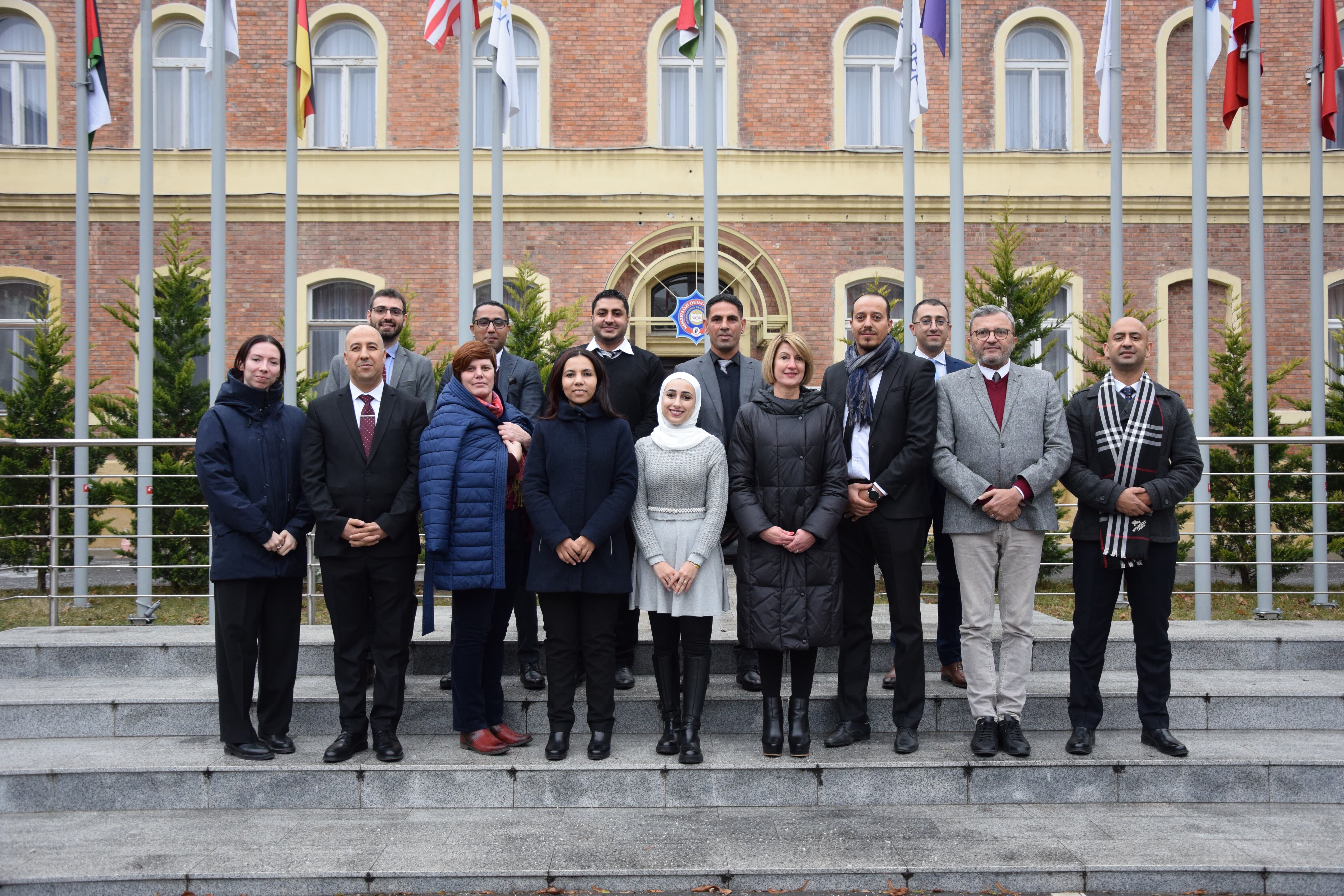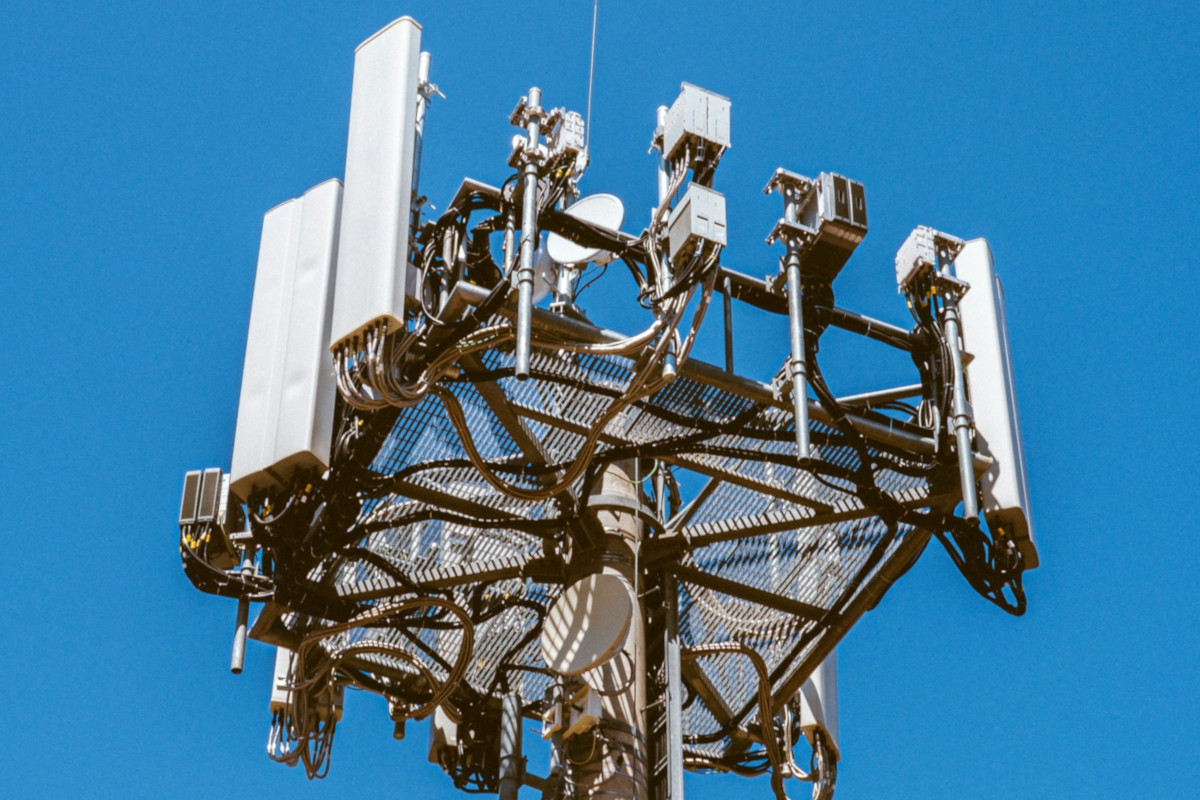France, Germany and the Netherlands push for EU-wide "tracking and bugging of vehicles"
Topic
Country/Region
14 November 2024
Germany, France and the Netherlands are advocating for a reform of the European Investigation Order (EIO) to simplify cross-border surveillance of vehicles. A joint non-paper sent to other EU member states aims to amend the 2014 law to enhance cross-border surveillance cooperation. The reform would allow police to continue using GPS trackers and bugging devices on vehicles when they travel into other EU member states, without requiring additional legal approval in each country.
Support our work: become a Friend of Statewatch from as little as £1/€1 per month.

Image: Robin G., CC BY-NC 2.0
The EIO, a key tool for judicial cooperation within the EU since 2014, enables one member state to request specific investigative actions from another, such as interviewing witnesses or the handover of documents. However, the rules on cross-border vehicle surveillance require clarification, says a document (pdf) drafted by France, Germany and the Netherlands.
Currently, such operations often face legal hurdles, necessitating separate approvals or interruptions when suspects cross borders, as seen in the high-profile "Ibiza affair." To address this, the three countries propose introducing Article 31a, which would allow seamless continuation of surveillance when vehicles enter another EU state, with only notification required.
The three countries say they are seeking "a solid basis for continuing a GPS-track or the bugging of a vehicle on the territory of another Member State." The host state could halt the operation if it violates national laws. Unlike the stricter rules in the Schengen Agreement, the EIO would adopt a "no objection" principle, removing the need for prior consent and easing restrictions on specific crimes.
The recommendation also appears in a draft evaluation of the European Investigation Order, (pdf) circulated to member state delegations at the end of October. In comments (pdf) on that draft, the Czech Republic calls for legal provisions that do not "refer only to vehicles."
"We suggest supplementing the recommendation so that it does not refer only to vehicles. Installing spywares refers rather to telephones or servers, cross border surveillance may also concern for example planes," say the Czech comments.
Documentation
- Non paper on cross-border bugging and tracking of vehicles and the EIO (Council doc. WK 13776/2024 INIT, LIMITE, 4 November 2024, pdf)
- DRAFT FINAL REPORT ON THE TENTH ROUND OF MUTUAL EVALUATIONS on the implementation of the European Investigation Order - compilation written comments (Council doc. WK 13751/2024 INIT, LIMITE, 4 November 2024, pdf)
- DRAFT FINAL REPORT ON THE TENTH ROUND OF MUTUAL EVALUATIONS on the implementation of the European Investigation Order (Council doc. 14321/1/24 REV 1, LIMITE, 29 October 2024, pdf)
Our work is only possible with your support.
Become a Friend of Statewatch from as little as £1/€1 per month.
Further reading

Police should have “more say in the EU policy-making process,” says Swedish government
A “non-paper” circulated in the Council of the EU by the Swedish government in early June calls for “a fundamental change in perspective” in the fight against terrorism and organised crime, arguing that too many proposals are “watered down” by fundamental rights considerations.

How the EU police training agency is cosying up to the Arab League’s political extradition body
CEPOL, the EU police training agency, is collaborating with the Arab League’s political extradition body in spite of its human rights obligations.

Policing by design: the latest EU surveillance plan
The EU should reintroduce mass telecommunications surveillance and create backdoors to encrypted data, a new plan drafted in secret by police and security officials says. To do so, close coordination between the state and industry would be required, to ensure what the plan calls “lawful access by design.” The plan repeats demands made many times over the years by officials, and may find a warm reception from the incoming European Commission.
Spotted an error? If you've spotted a problem with this page, just click once to let us know.

